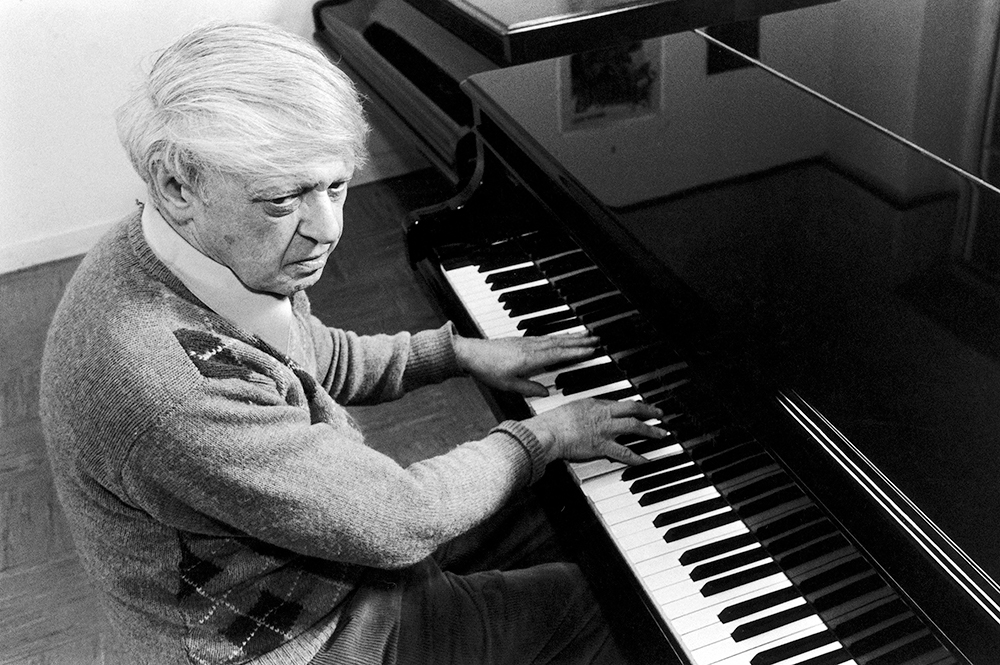Anthony Burgess, a professional to his finger- tips, knew how to write an arresting first sentence. The locus classicus is his opening to Earthly Powers. But try this for size, a lapel-grabbing start of a piece about William Walton in The Listener:
Waking crapulous and apothaneintheloish, as I do most mornings these days, I find a little loud British gramophone music over the (a) bloody mary and (b) raspberry yoghurt helps me adjust to the daily damnation of writing.
Apo-what? I have just enough Greek to know that it’s something to do with death; a helpful footnote reminds us that ‘άπο ϴανεΐν ϴέλω’, or ‘I want to die’ are the closing words of The Waste Land’s epigraph. I doubt the readers of the Listener in 1968 were given a footnote, but then maybe they didn’t need one.
Music was always Plan A for Burgess: ‘Neglect of my music by the orchestras of the Old World was what mainly turned me into a novelist,’ he says, perhaps tongue in cheek, for he tells other origin stories about his career elsewhere, about a performance of his Third Symphony at the University of Iowa.

Get Britain's best politics newsletters
Register to get The Spectator's insight and opinion straight to your inbox. You can then read two free articles each week.
Already a subscriber? Log in








Comments
Join the debate for just $5 for 3 months
Be part of the conversation with other Spectator readers by getting your first three months for $5.
UNLOCK ACCESS Just $5 for 3 monthsAlready a subscriber? Log in